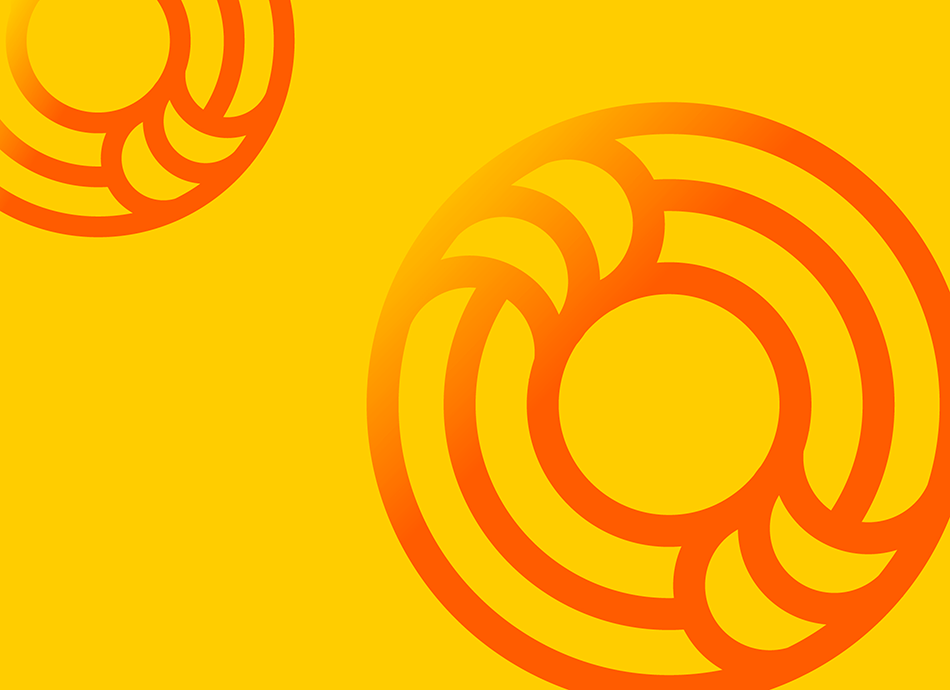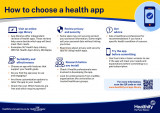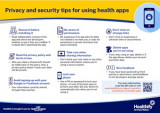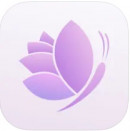Period (menstrual cycle) tracking apps
Period (menstrual cycle) tracking apps
- Period tracking apps are used to track periods and often predict when the next one is due.
- Read more about how to use period tracking apps safely.

Period tracking apps are used to track periods and often predict when the next one is due. The main feature of period tracking apps is that they enable you to record their menstrual cycle, which can help you become more aware of your menstrual cycle. Some period tracking apps include other features. Examples include symptom tracking (eg, the amount of bleeding, pain, mood, etc) or predictions about the timing of ovulation and the ‘fertile window’ (which may assist with conception). They may also include screening and clinical advice for endometriosis(external link), polycystic ovary syndrome(external link) (PCOS) and menopause.(external link)
Period tracking apps may not always be accurate
- Most apps are based on predictions: Period tracking apps are based on predictions of ovulation timing and this may not be accurate for everyone. The apps are often based on algorithms, which usually ask for dates of menstruation, information about your cycles and sometimes temperature, urine tests, and cervical fluid. Based on the information and algorithms, the apps estimate the date of your next period and your date of ovulation. Note, these may not always be accurate.
- Privacy of your information: Period tracking apps ask you for information when you sign up (eg, typical period cycle and length) and then ask ongoing information about dates of your periods. Some apps don't say how your data is used – for example whether the information is sold or shared to other companies.
- Lack of New Zealand specific apps: Currently there are no Aotearoa New Zealand specific period tracking apps, which offer guidance based on New Zealand guidelines. Most are overseas apps that include generic or mostly American information.
Before choosing an app, think about how it will benefit you and what you want it to be able to do.
- An app will only be helpful if you use it, so it needs to be something you like using and find easy to use.
- If you find the app difficult to use, or you don't like the imagery or look of it, or the language it uses, you may want to find another one that suits you better.
- For more guidance on how to choose health apps, see how to choose a health app.
- It's important to remember that apps don’t replace professional help or your doctor’s advice.
| App | Features | Clinical review |
| Flo Health - Period Tracker app |
|
|
|
|
|
|
|
|
|
|
| Clue Period, Ovulation Tracker |
|
Free version |
References
- Evaluation of Smartphone Menstrual Cycle Tracking Applications Using an Adapted APPLICATIONS Scoring System(external link). Obstet Gynecol. 2016 Jun
- Examining Menstrual Tracking to Inform the Design of Personal Informatics Tools.(external link) Proc SIGCHI Conf Hum Factor Comput Syst. 2017 May
- Hohmann-Marriott BE, Williams T, Girling JE. The role of menstrual apps in healthcare – provider and patient perspectives(external link) NZMJ 2023;136(1570)
|
Disclaimer: The NZ Health App Library is a free consumer service to help you decide whether a health app would be suitable for you. Our review process is independent. We have no relationship with the app developers or companies and no responsibility for the service they provide. This means that if you have an issue with one of the apps we have reviewed, you will need to contact the app developer or company directly. |
Factsheets – using health apps safely

How to choose a health app
Healthify He Puna Waiora, NZ

Privacy and security tips for using health apps
Healthify He Puna Waiora, NZ
Credits: Healthify editorial team. Healthify is brought to you by Health Navigator Charitable Trust.



